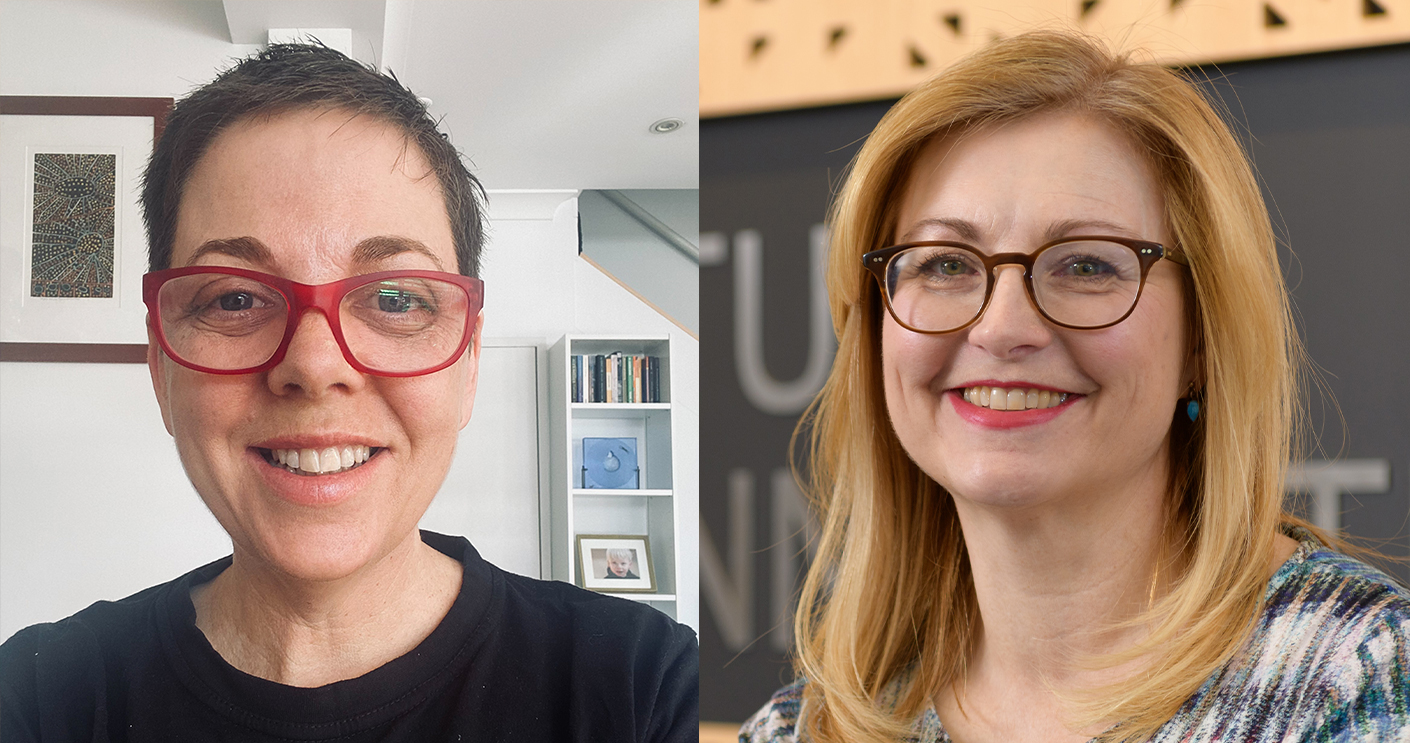Two projects led by Macquarie University researchers have been awarded a total of nearly $1.6m in funding in the latest round of Medical Research Future Fund (MRFF) grants.
A project led by Professor Johanna Westbrook, Director of the Centre for Health Systems and Safety Research at the Australian Institute of Health Innovation, will receive $992,386. The chief investigator team from Macquarie University, Deakin University, University of Sydney, University of Western Australia, Bond University and Monash University will investigate “Transforming residential aged care through evidence-based informatics” in partnership with BESTMED, Aged Care Industry Information Technology Council, Aged Care Quality and Safety Commission, Consumers Health Forum of Australia, Southern Cross Care and Bupa Aged Care.
Poor medication management is a critical problem in aged care, and one that has proved difficult to solve. The two-year study will demonstrate how informatics approaches can be used to improve medication management by supporting the monitoring of medication quality, guiding decision making, reducing the workload of aged care staff, and providing real-time information to residents and their families.
Dr Kylie Gwynne of the Department of Health Sciences will receive $574,883 to lead a project titled, “Early Atrial Fibrillation Screening for Indigenous People” (EASI). The chief investigator team from Macquarie University, University of Sydney, Heart Research Institute, Brewarrina Aboriginal Medical Services and Armajun Aboriginal Health Service will partner with Rural Doctors Network on this important research.
Atrial fibrillation (AF) is one of the key causes of stroke. The study will co-design screening of Indigenous people for AF in primary care, evaluate the patient pathway, and develop a framework to deliver screening widely. Earlier research by this team found Indigenous people needed to be screened 10 years earlier than current guidelines recommended, and that tech-based community screening was both acceptable and feasible. Earlier screening will ensure more timely detection and treatment, ultimately reducing the rate of AF stroke.
Deputy Vice-Chancellor (Research) Professor Sakkie Pretorius congratulated both teams on their success.
“Macquarie’s researchers are at the cutting edge of health and medical research, and it is extremely pleasing to see that recognised yet again in the form of grant funding,” he says.
“These projects are both excellent examples of collaborations that further Macquarie’s commitment to expanding understanding and improving healthcare for at-risk groups.”


 Back to homepage
Back to homepage